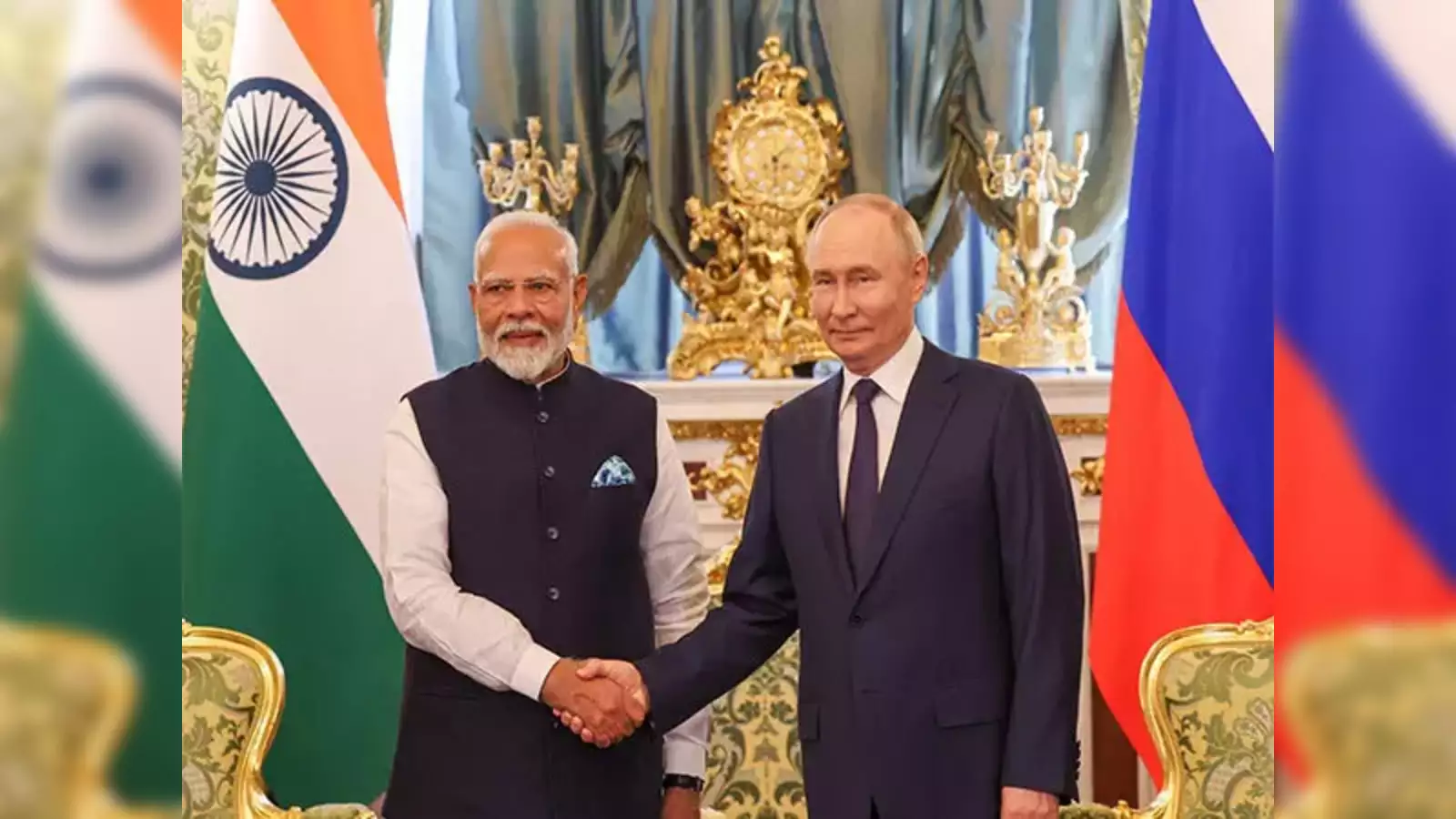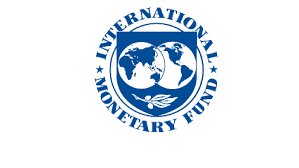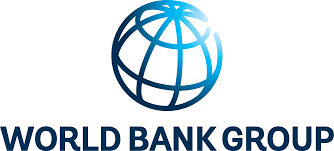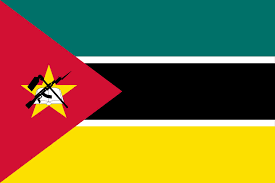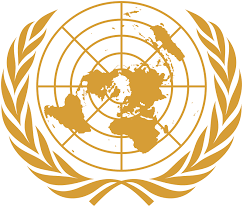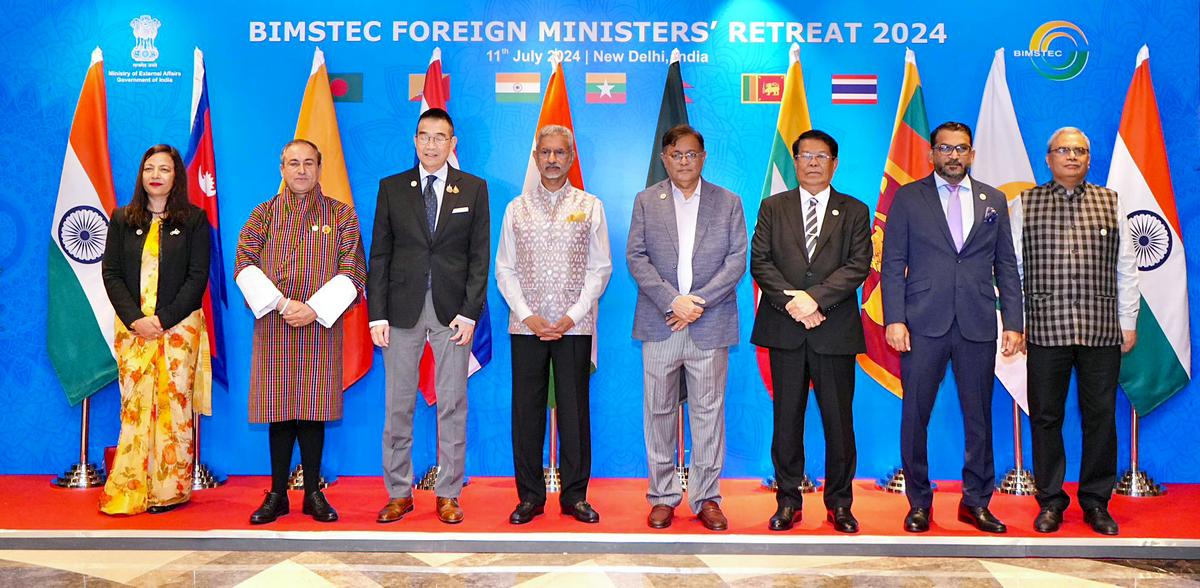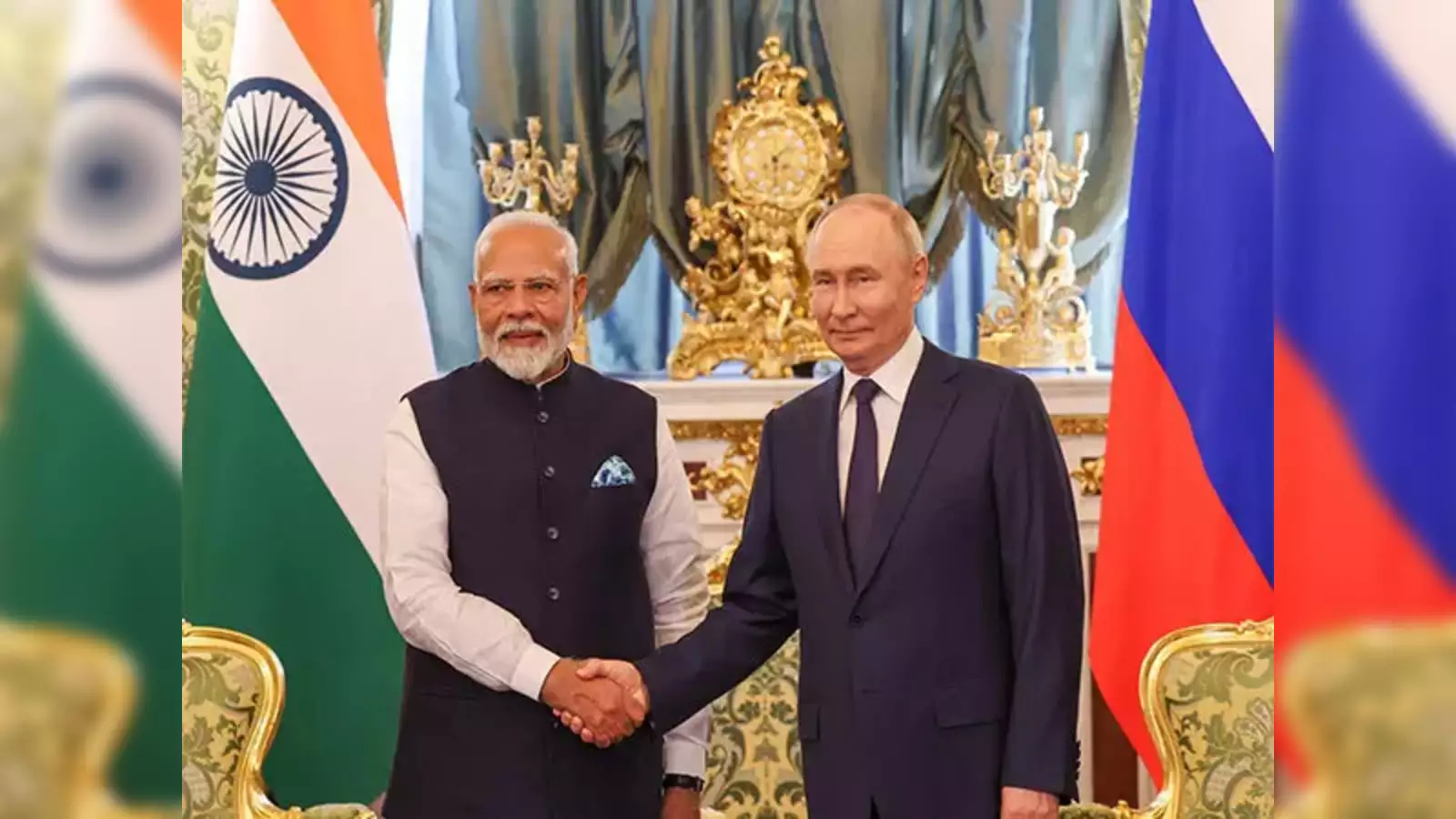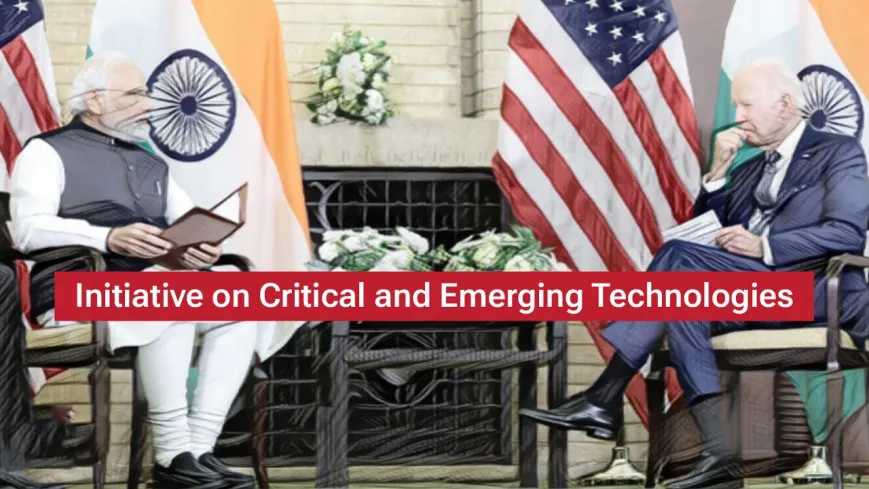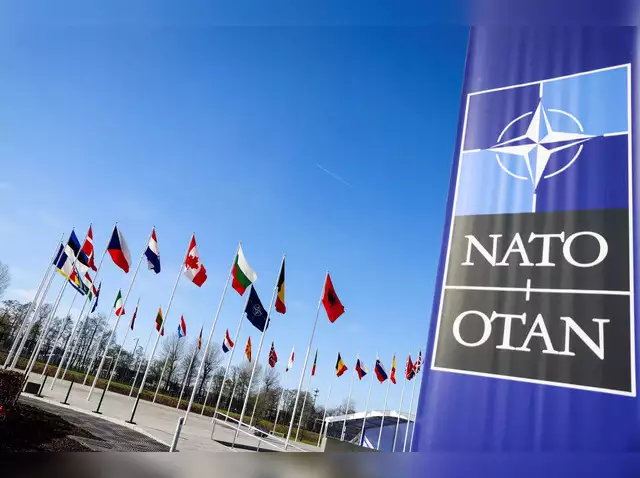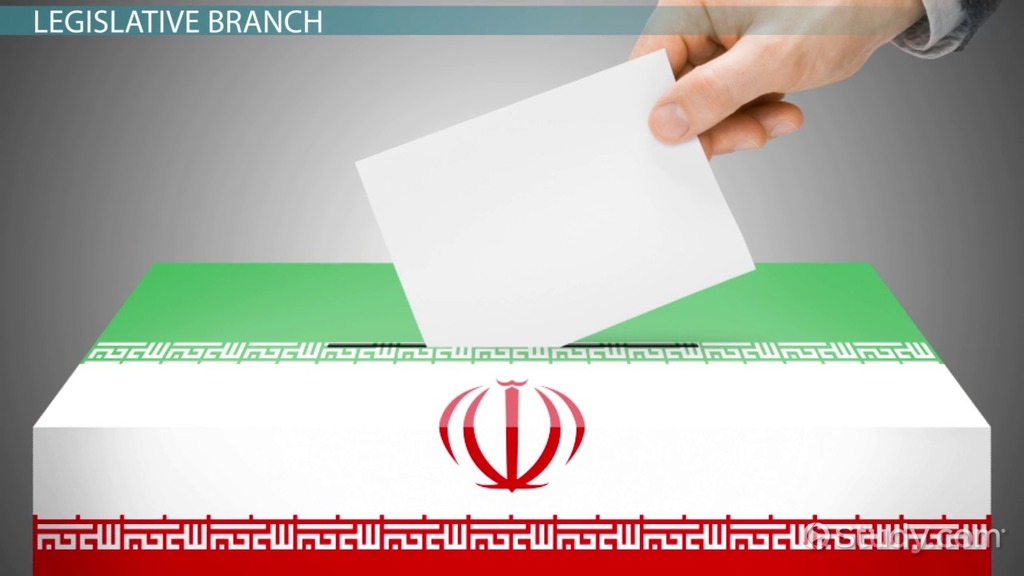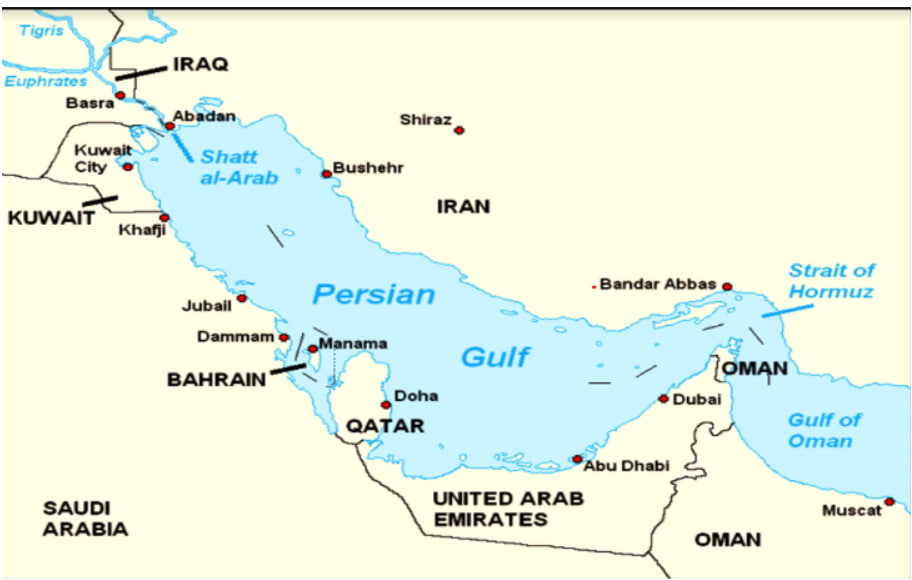The Hindu: Page 05
Syllabus: GS 2: International Relations
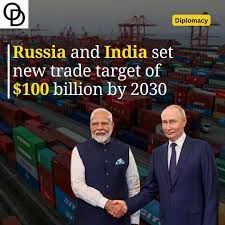
During the 22nd Annual Summit on Tuesday, both countries agreed to elevate bilateral trade to $100 billion by 2030. This agreement includes the use of national currencies to bypass Western sanctions.
About the News
Key highlights of the 22nd Annual Summit
- Trade and Economic Cooperation: India and Russia have set an ambitious target to increase bilateral trade to $100 billion by 2030. They plan to use national currencies for trade to bypass Western sanctions, reflecting a strategic shift in their economic engagements.
- Defense and Strategic Partnership: The countries discussed delays in defense supplies and committed to enhancing the co-production of defense equipment.
- Response to Ukraine Conflict: Prime Minister Modi made a plea for ending civilian casualties and the conflict in Ukraine. Both countries called for a peaceful resolution to the Ukraine conflict in their joint statement, highlighting mediation efforts and adherence to international law.
- Institutional Agreements and MoUs: Several MoUs were signed on topics including climate change, polar research, legal arbitration, and pharmaceutical certification, demonstrating broad-based cooperation.
- Recognition and Future Engagements: Modi received Russia’s highest civilian honor, the Order of St. Andrew the Apostle. Putin invited Modi to the “Extended BRICS” summit in Kazan in October 2024, emphasizing ongoing and future high-level engagements.
- Russia Offers Compensation and Citizenship to Kin of Indians Killed in War Against Ukraine
- Expedited Discharge of Indian Recruits: President Putin accepted Prime Minister Modi’s request to expedite the discharge of Indian nationals recruited by the Russian military. Approximately 40 Indians, currently at the war front, are to be discharged through diplomatic processes.
- Compensation and Citizenship Offer: Russia has offered compensation and citizenship to the families of Indian nationals who have been killed in the conflict in Ukraine. This move aims to provide support and recognition to the families of the deceased.
New Delhi and Moscow call for ‘zero tolerance’ towards terrorism
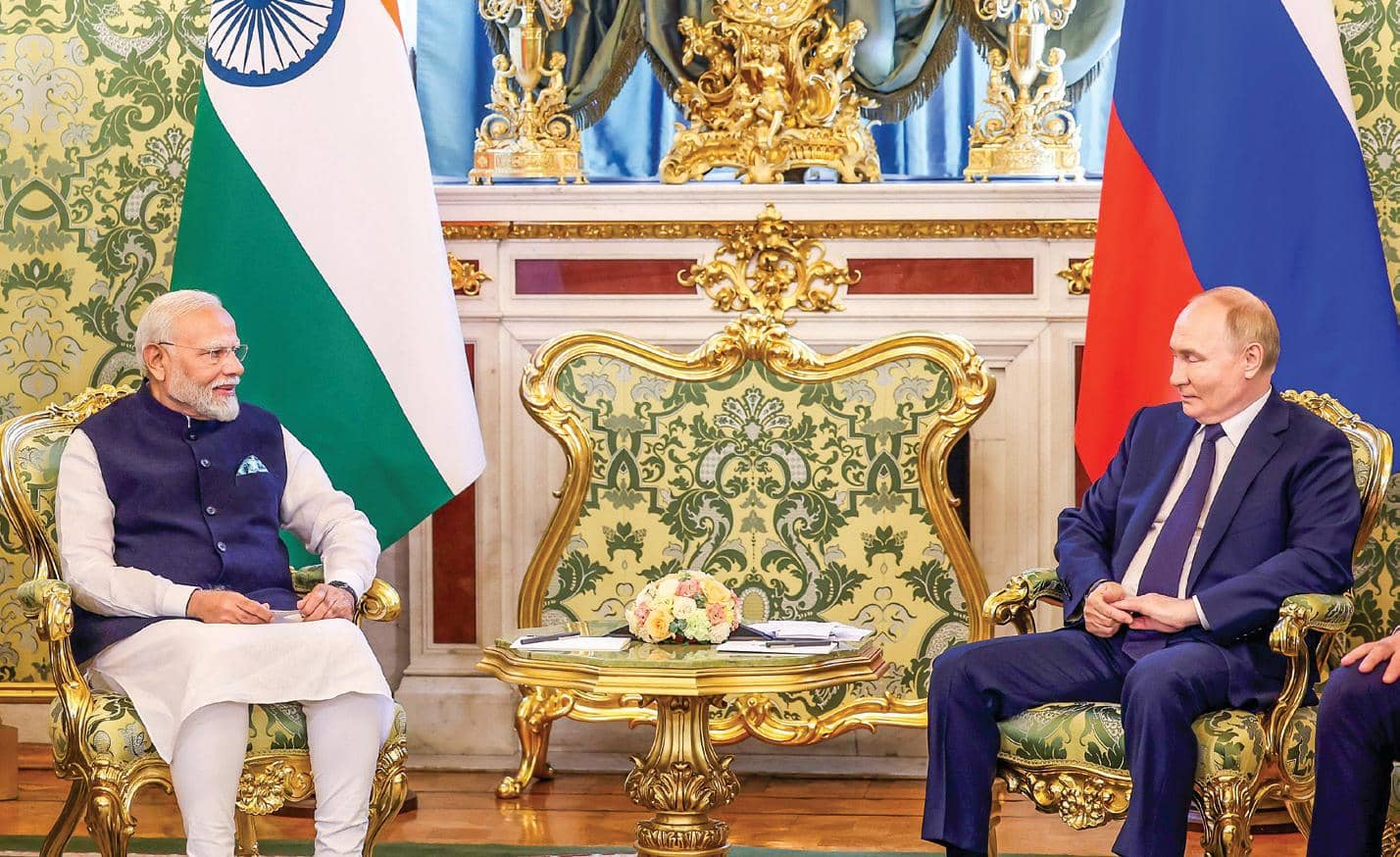
- Joint Statement on Terrorism: India and Russia reiterated their strong stance against terrorism, emphasizing the need for “zero tolerance” towards all forms of terrorism.
- Commitment to International Cooperation: Both countries underscored the importance of international cooperation to combat terrorism effectively. They highlighted the necessity for a coordinated global response to address the threat of terrorism.
- Condemnation of Terrorist Acts: The leaders condemned terrorist acts worldwide and stressed that no cause or ideology could justify the killing of innocent people. They called for the strictest measures to combat and eliminate terrorism.
Bilateral ties between India-Russia
Long-standing Strategic Partnership:
- The India-Russia partnership dates back to the Cold War era.
- The “Declaration on the India-Russia Strategic Partnership” signed in 2000 elevated cooperation in politics, security, defense, trade, and culture.
- In 2010, the relationship was further elevated to a “Special and Privileged Strategic Partnership” status.
Robust Defense Cooperation:
- Russia has been India’s largest defense supplier, accounting for 68% of India’s military hardware imports in 2017.
- An Inter-Governmental Commission on Military-Technical Cooperation meets annually to discuss defense collaboration.
Major joint defense projects include:
- MiG-21 fighter aircraft.
- Su-30 fighter jets.
- Kudankulam Nuclear Power Plant.
Economic and Trade Relations:
- Russia is India’s 7th largest trading partner, with bilateral trade reaching $45 billion.
- Key areas of cooperation include energy, nuclear energy, and the North-South Transport Corridor.
- Russia plays a significant role in India’s energy security through investments in the oil and gas sectors.
Geopolitical Coordination:
- India and Russia coordinate on matters of shared interest at global forums like the UN, BRICS, G20, and SCO.
Russia supports:
- India’s bid for a permanent seat on the UN Security Council.
- India’s membership in the Nuclear Suppliers Group (NSG) and the Asia-Pacific Economic Cooperation (APEC).
- Both countries collaborate on regional issues like Afghanistan and the Indo-Pacific region.
PYQ UPSC Mains: (2020)
Q. What is the significance of Indo-US defence deals over Indo-Russian defence deals? Discuss with reference to stability in the Indo-Pacific region.
PYQ UPSC Prelims:
Q. Recently, India signed a deal known as ‘Action Plan for Prioritization and Implementation of Cooperation Areas in the Nuclear Field’ with which of the following countries? (2019)
(a) Japan
(b) Russia
(c) The United Kingdom
(d) The United States of America
Answer: (b) Russia
